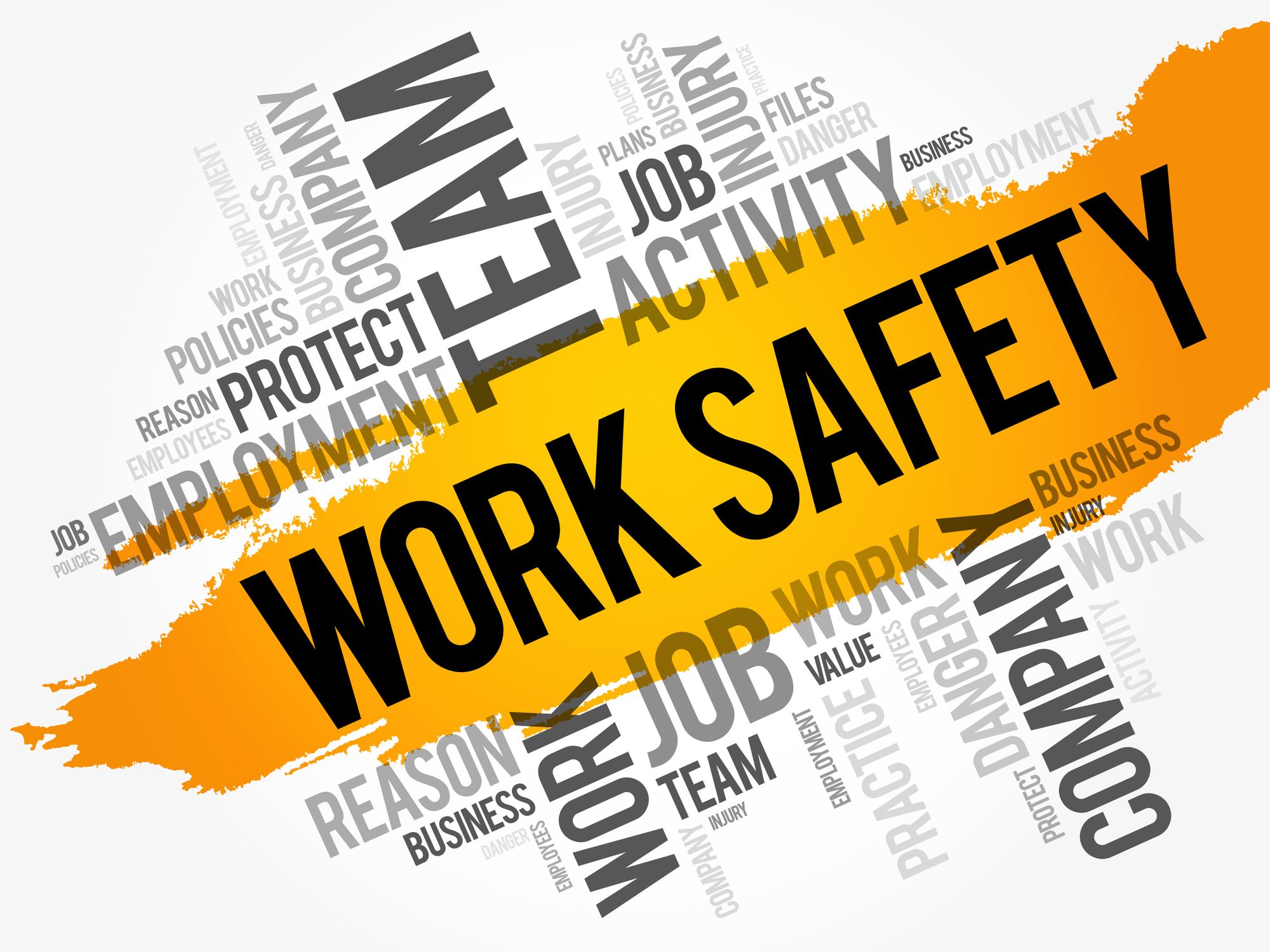
Workplace safety is an essential aspect of any organization, ensuring that employees can perform their duties in a secure environment, free from harm. A strong safety culture not only protects employees but also boosts productivity, reduces costs, and enhances overall morale. Here are some key reasons why safety is vital in the workplace.
Protecting Employee Well-being
The primary goal of workplace safety is to protect employees from accidents, injuries, and illnesses. Hazards such as slippery floors, faulty equipment, or poor ergonomics can lead to serious harm, affecting an employee’s health and ability to work. Implementing safety protocols, training employees on proper procedures, and ensuring equipment is well-maintained all contribute to creating a safer environment. Healthy, injury-free employees are more likely to be productive and engaged in their work.
Reducing Financial Costs
Accidents and injuries can be costly for businesses, leading to medical expenses, workers’ compensation claims, and potential legal fees. Additionally, injured workers may require time off to recover, resulting in lost productivity and the need for temporary replacements. A robust safety program can minimize these risks, helping companies avoid unnecessary financial burdens.
Enhancing Employee Morale and Productivity
When employees feel safe, they are more likely to be focused and motivated. A safe work environment fosters trust between management and staff, as employees know their well-being is a priority. This trust can lead to improved job satisfaction, higher morale, and increased productivity. In contrast, a workplace with frequent safety incidents can result in stress, low morale, and high turnover rates.
Prioritizing workplace safety is essential for any organization. By protecting employees, reducing costs, and fostering a positive work environment, companies can ensure long-term success while creating a culture of safety and well-being.